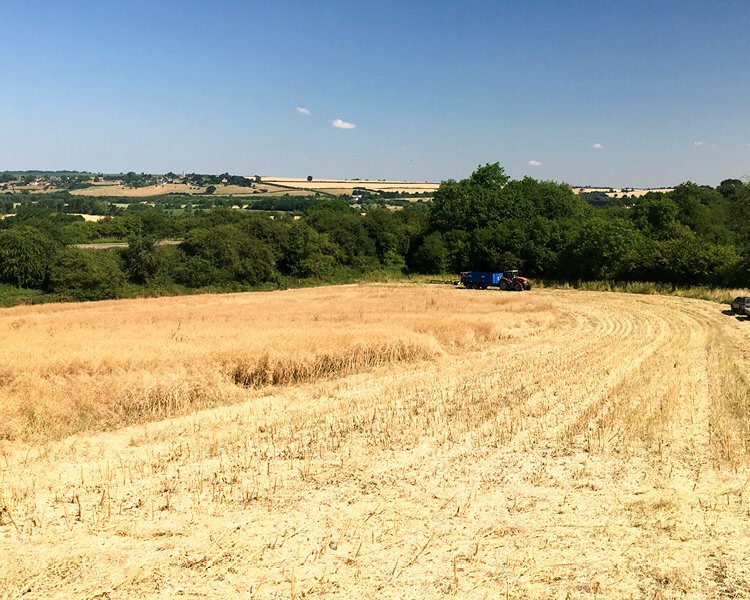Ingredients and the supply chain: how to protect yourself against Brexit uncertainty
March 26, 2019
Posted in Data, Sustainability, Value Capture

British Agriculture faces an uncertain future. Whether you crossed the box for Leave or Remain in the EU referendum, there is one paradoxical certainty ahead of us all: change.
Since the referendum result was announced in June 2016, UK agriculture has faced endless uncertainty. Trade, tariffs, migrant workers, food production methods and standards; it’s clear that food and farming will weather more change as a result of Brexit than any other UK industry.
But of course, there’s been a Brexit bonus for UK agribusiness and farmers since June 2016. After Brexit, the pound fell 15% against the euro, resulting in more valuable CAP payments and a rise in the annual value of exports to £23 billion. Livestock and crop values are, on the whole, still higher than they were before the referendum result. But is this simply the calm before the storm?
Sobering predictions of “economic shock” and “catastrophe” arising from a no-deal situation from the Bank of England, NFU and other bodies suggest that it might be. There has been enough authoritative talk of trade deals and tariffs rendering UK farmers ‘uncompetitive’ to suggest these are valid concerns rather than doom-mongering.
Alternatively, we might find ourselves facing an extension – a.k.a. more uncertainty and more disruption to responsible forward-planning for our businesses and our livelihoods. Perhaps by the time I press ‘publish’ on this, we’ll have some answers; perhaps not.
The words of a great Irishman in the local farming community have stayed with me: “Failing to plan is planning to fail.” It seems his words could just as easily be applied to the UK supply chain as motivating a group of young farmers to get their act together. But planning is difficult – even impossible – with so many unknowns. How do you start to write a business plan when you don’t know the trade terms you’ll be operating under or where commodity prices will be?
Enough. We as farmers need to do whatever is in our power to protect our interests, and so let’s turn to facts over what-ifs. Allow me to present a ray of light in the form of a recent AHDB study: using Farm Business Survey data and simulating a range of possible Brexit scenarios, the levy board discovered that even under the most punitive Brexit outcomes at least 25% of farms in each sector remained profitable. Further analysis concluded that only 5% of factors affecting farm performance were outside of farmers’ control (you can read the full report here). It’s time to get specific: what do we know and what can we do about Brexit’s impact on the supply, choice and provenance of ingredients within our supply chains?
Despite the well-known challenges we’ve always faced, there is much we can do as individuals and as an industry. I see clients and peers taking matters into their own hands to ensure their businesses not only survive but flourish under a new regime. Just last week Matt Naylor wrote in Farmers Weekly about the steps he’d taken to secure his cut flower business by bringing forward capital investments, fixing interest rates and investing in alternative incomes streams. “The survival of your farm will depend on your ability to adapt to the market or on damn good luck,” he said.
It’s time to take a long, hard, impartial look at your supply chains. Where are the quick wins in terms of capturing existing value or preventing value loss through improved processes or systems? Are your existing value streams sustainable in the long-term and, if not, where will new opportunities come from? How do you model a business that’s flexible enough to adapt to that kind of wholesale change? How sharp and current is your understanding of market requirements and consumer preferences? How might technology be able to support your business?
The most innovative, forward-thinking businesses will rise to the challenges that Brexit presents and benefit from the opportunities that may be on offer. But my work as an independent consultant and advisor has taught me that they don’t simply pull a robust, long term strategy out the hat like a white rabbit – there’s invariably an abundance of data-gathering, analysis and problem-solving going on behind the scenes.
Do you know the questions to ask in order to protect your business in volatile times? Could your plans, processes or systems benefit from a pair of fresh eyes? Send me a DM to have a conversation about how independent consultancy could help you find the answers.